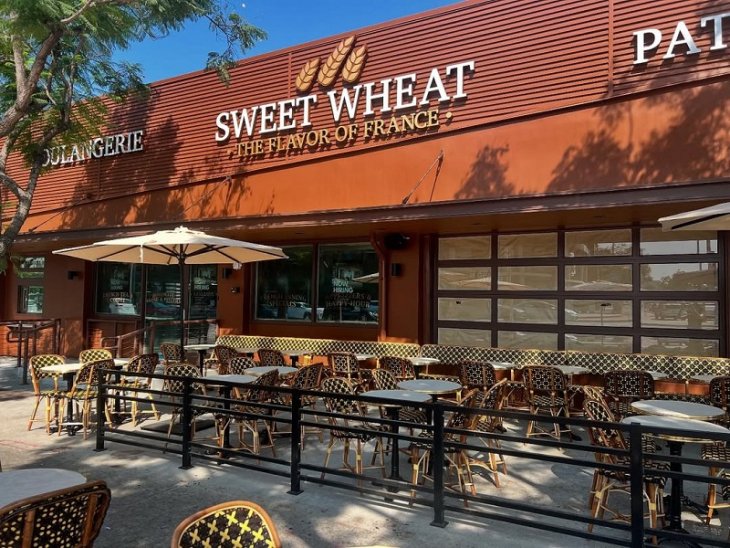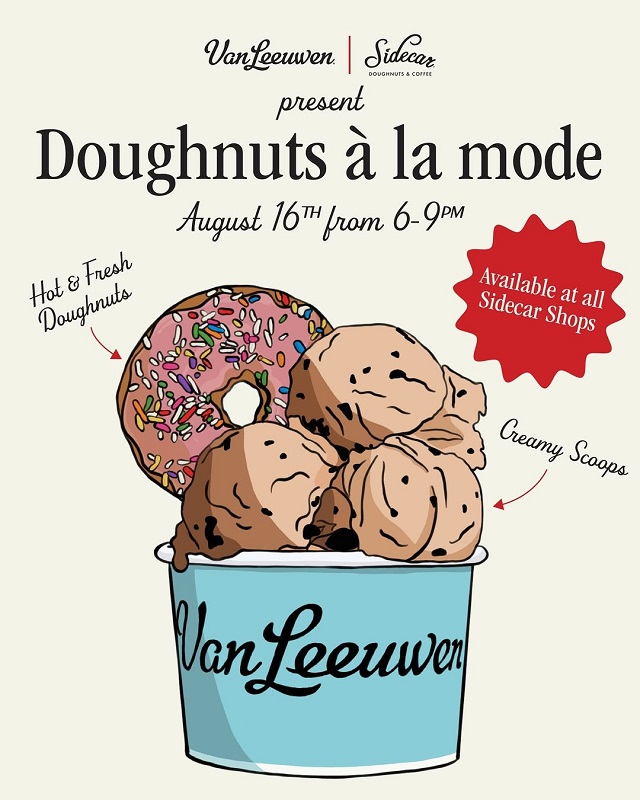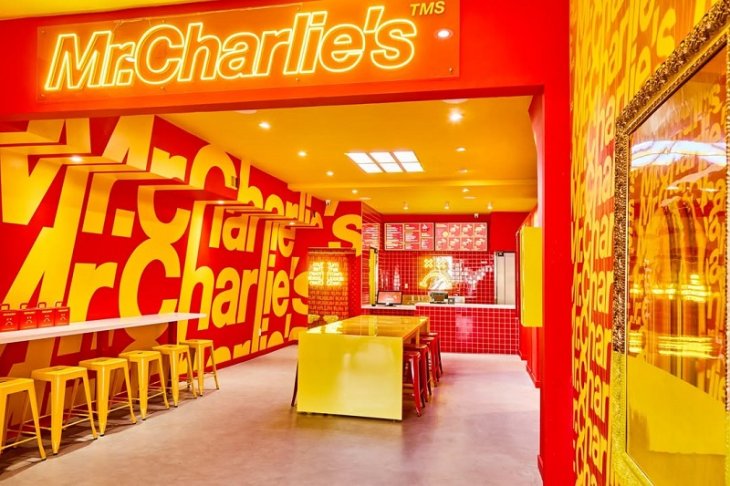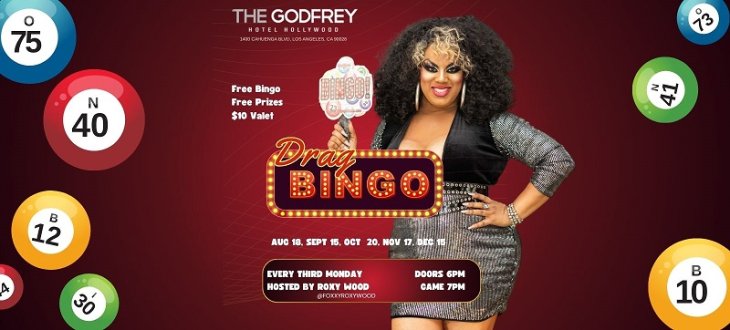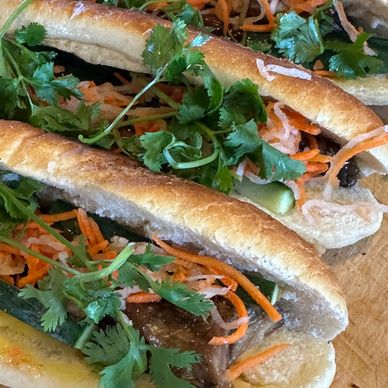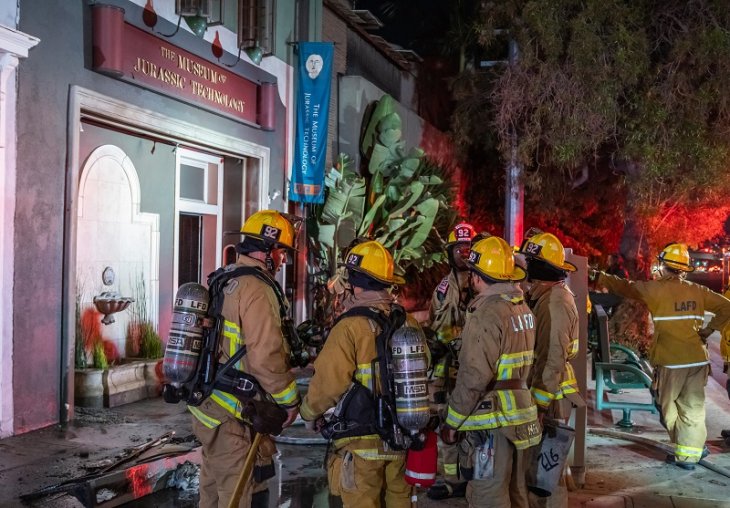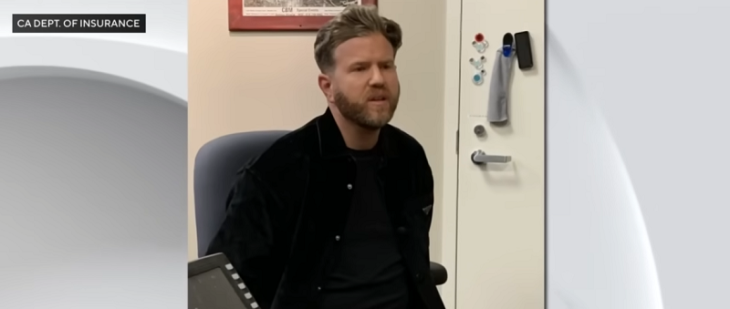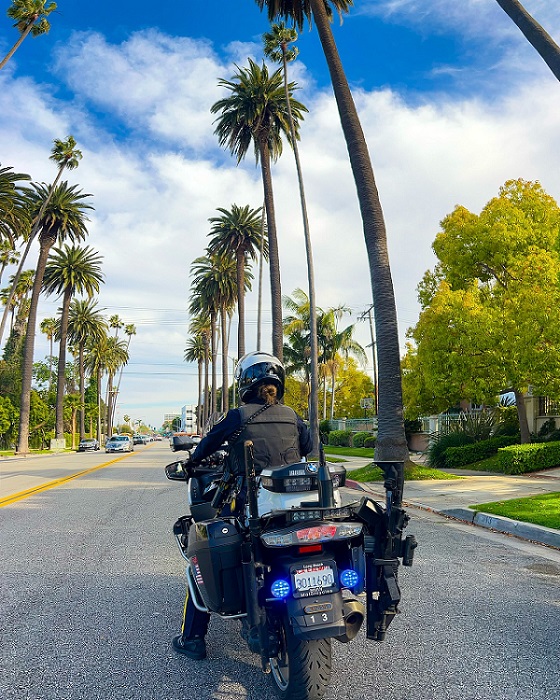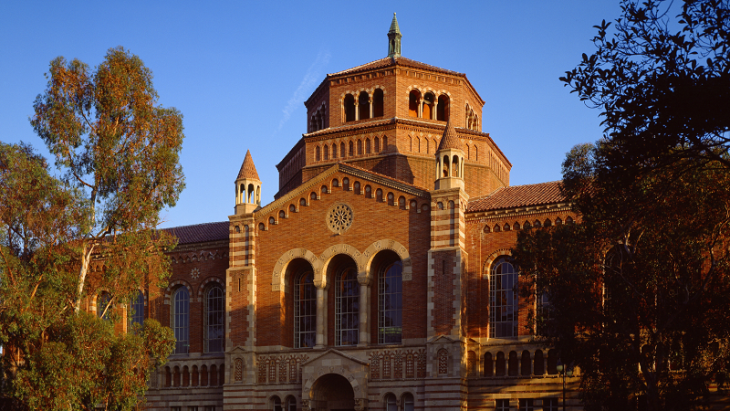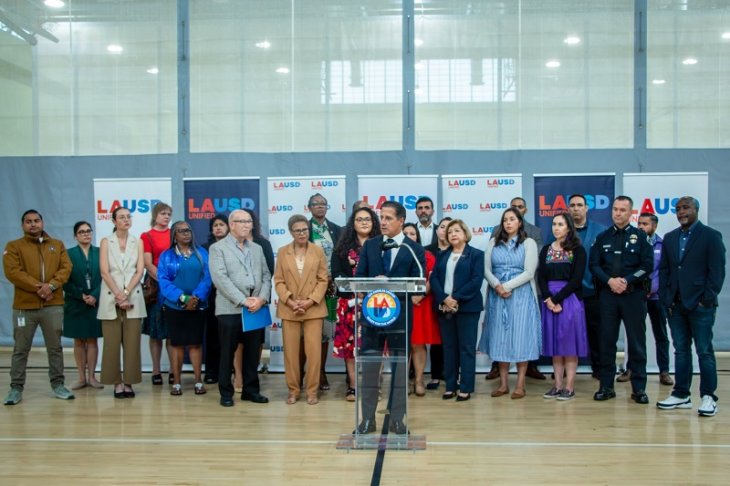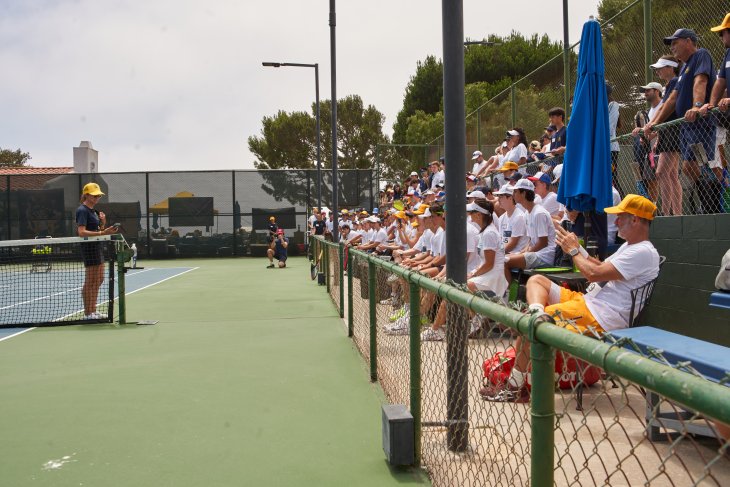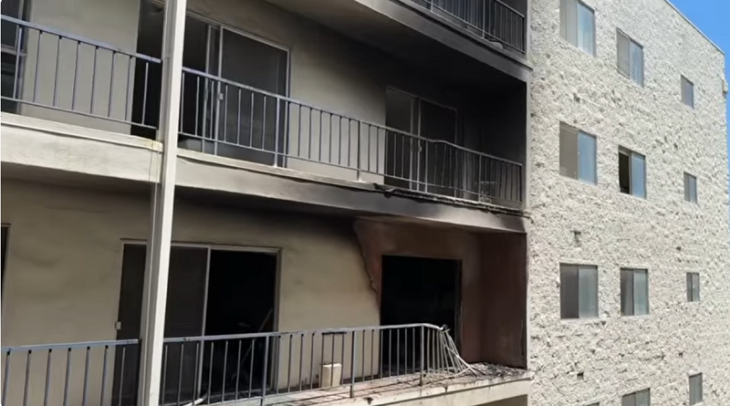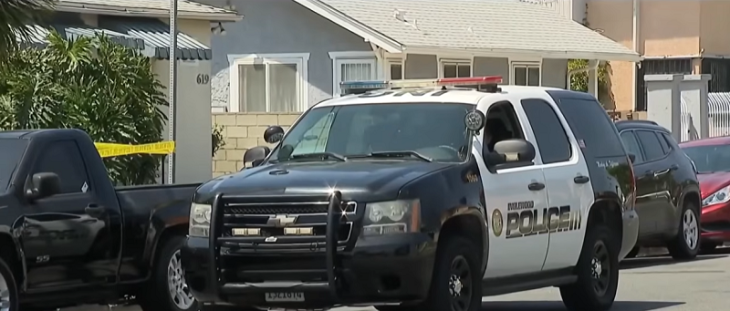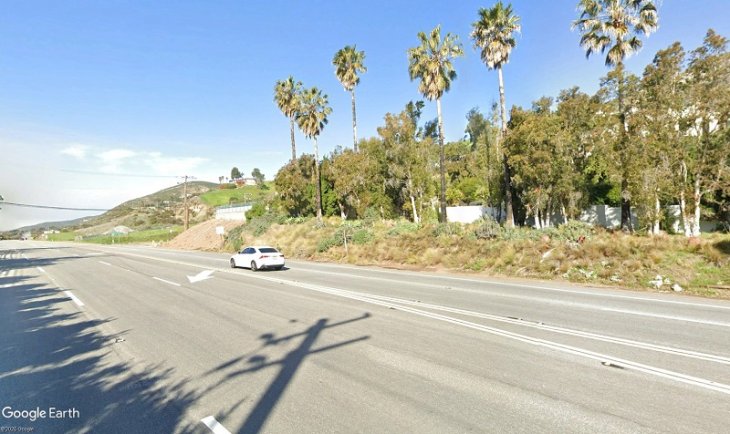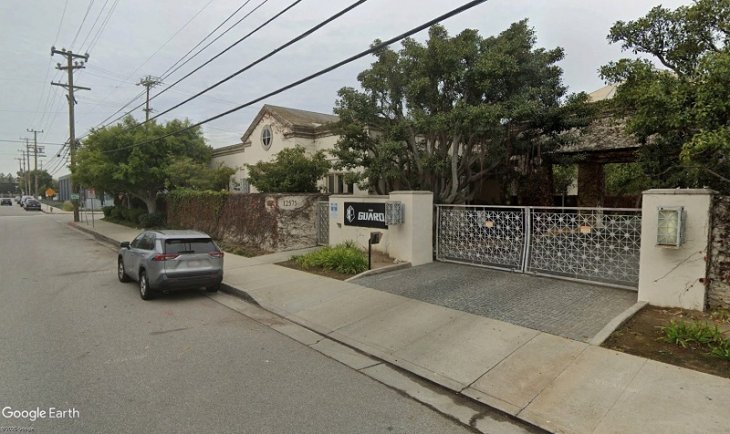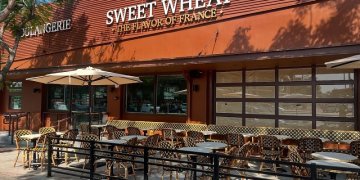 A City Council committee asked today for a detailed study on the economic impacts of raising the minimum wage in Los Angeles to $13.25 an hour by 2017, and potentially to $15.25 an hour by 2019.
A City Council committee asked today for a detailed study on the economic impacts of raising the minimum wage in Los Angeles to $13.25 an hour by 2017, and potentially to $15.25 an hour by 2019.
The Economic Development Committee asked that an economist be hired to conduct the study, which should be completed by Feb. 1.
The study is expected to further scrutinize Mayor Eric Garcetti’s proposal for raising the minimum hourly wage in the city to $13.25 over the next three years, and to peg the wage to the consumer price index thereafter.
The economist will also look at an additional increase to $15.25 that is being pushed by labor-affiliated groups like Los Angeles Alliance for a New Economy and the Los Angeles County Federation of Labor.
A council motion authored by Mike Bonin, Gil Cedillo, Nury Martinez and Curren Price Jr. in support of the wage cited an existing study done by economists at UC Berkeley to support its proposal to raise the minimum wage to
$13.25 an hour.
That study was produced after the mayor’s office asked the university’s “leading labor economists and researchers” to evaluate Garcetti’s proposal, and it was done at no cost to the city, said mayoral spokesman Jeff Millman.
The wage hike proposal has drawn skepticism from some council members, including five who introduced a motion last week calling for
additional study of the economic impacts.
Councilman Paul Krekorian, who was among those who questioned whether the $13.25 an hour proposal was properly studied, noted the “extremely wide consensus” among the committee today that “wage inequality in the city”
should be addressed.
“I don’t think the issue is whether or not” to raise the minimum wage, Krekorian said. “The issue is how it would be best to do it.”
Councilman Mitch O’Farrell, one of the authors of the motion calling for additional study, said last week “the conversation about imposing an increase needs to be elevated and expanded.”
“It is critical we do everything we can to help lift people out of poverty. It is equally critical we do so in a thoughtful and balanced way,” he said.
O’Farrell said he met with people who run small businesses, and they told him increasing the minimum wage could force them out of business.
Krekorian and O’Farrell’s remarks echoed concerns voiced today by business owners, including restaurateur Denise DeCarlo.
“I too agree with the minimum wage increase,” DeCarlo said, but “more study needs to be done” on various impacts such as on workers’ compensation costs, and whether employees who regularly receive tips should be treated
differently.
She said her servers “make good money” due to the tips they get, but if she ends up paying them a higher minimum wage, there would be less going to the “kitchen staff in the back of the house.”
“I mean there’s so many other issues that go into it. It’s not just giving somebody $15 an hour. Where is that money going to come from, and that’s really my issue,” she said.
Supporters of the wage hike say it would help those living in poverty, while those pushing for a further increase to $15 an hour say the 46 percent of workers in Los Angeles, or about 810,000 people, who make less than that do not earn enough to cover basic necessities.
Business groups, led by the Los Angeles Area Chamber of Commerce, oppose the mayor’s minimum-wage boost and say it would result in job losses.
The state minimum wage of $9 an hour is set to rise to $10 in January 2016. But for thousands of workers at non-union Los Angeles hotels with 300 or more rooms, the minimum wage is scheduled to jump to $15.37 an hour on July 1 under an ordinance recently approved by the City Council. Hotels with at least 150 rooms will be required to match that raise, starting July 1, 2016.

